Henri Poincaré: The Father of Modern Mathematics
Introduction to Henri Poincaré
Henri Poincaré, born in 1854 in Nancy, France, is often referred to as the "father of modern mathematics." His profound contributions span across a variety of fields, including the theory of differential equations, topology, and chaos theory. His work has had a lasting impact on both theoretical and applied sciences, making him a pivotal figure in the 20th-century scientific landscape.
Early Life and Education
Henri Poincaré was born on April 29, 1854, in Nancy. His family was distinguished: his father, Léon Poincaré, was a professor of medicine at the University of Nancy. At a young age, Poincaré showed great promise in mathematics, but he was also fascinated by literature and philosophy. He attended the Lycée Louis-le-Grand in Paris from 1869 to 1872, where his mathematical talent was recognized by his teacher Jacques Hadamard. Poincaré entered the École Polytechnique in 1872 and later studied at the École des Mines for his engineering degree.
Academic Career and Research
In 1879, Poincaré received his doctorate in mathematics from the Faculty of Sciences at the University of Paris. His doctoral dissertation was titled "Sur la solution du problème de trois corps," which dealt with the three-body problem in celestial mechanics. This work laid the foundation for his future research. In 1881, he was appointed to a teaching position at the University of Paris, and in 1886, he became a professor of theoretical astronomy at the University of Paris and the Sorbonne.
The Three-Body Problem and Beyond
One of Poincaré's most significant contributions was his work on the three-body problem. This problem challenges mathematicians to predict the motion of three celestial bodies under their mutual gravitational attraction. The complexity of the problem had puzzled mathematicians for centuries. Poincaré's analysis of the problem in his doctoral dissertation revealed the limitations of analytical methods in solving such problems. While he could not find a general solution, he did discover that the problem could lead to chaotic behavior in the universe. This insight was crucial in the development of chaos theory decades later.
Poincaré's Theorem and the Poincaré Conjecture
In his work "Les Méthodes nouvelles de la mécanique céleste," published in four volumes between 1892 and 1896, Poincaré outlined a new approach to solving the n-body problem, introducing what is now known as Poincaré's Theorem. This theorem highlights the inherent complexity and unpredictability of certain systems, challenging the traditional views of determinism in physics. Poincaré's methods also led to the development of new areas of mathematics, such as topology, where he made groundbreaking contributions.
Topology and Its Impact
Topology is the study of qualitative properties of space that are preserved under continuous deformations, such as stretching and bending. One of Poincaré's most famous contributions to topology is known as the Poincaré Conjecture. In 1904, he posed the conjecture that every simply connected, closed 3-manifold is homeomorphic to the 3-sphere. This conjecture remained unproven for many years and was one of the Clay Mathematics Institute's seven Millennium Prize Problems, each carrying a prize of one million dollars. The conjecture was finally solved by Grigori Perelman in 2003, making it a significant achievement in the field of mathematics.
Chaos Theory and Dynamical Systems
Building on his work with the three-body problem, Poincaré explored the concept of chaos, which refers to the highly sensitive dependence on initial conditions in complex systems. His findings in this area laid the groundwork for modern chaos theory. The Poincaré map is a powerful tool in the study of dynamical systems, and it allows one to visualize the behavior of a system over time. Poincaré's work in this field has influenced not only mathematics but also physics, meteorology, and engineering.
Mathematical Writings and Publications
Throughout his career, Poincaré wrote numerous articles and books, which were widely read and influential. His writings are known for their clarity and rigor, making complex concepts accessible to a broader audience. Some of his notable works include "Les Méthodes nouvelles de la mécanique céleste," "Science and Method," and "Calcul des probabilités." These publications helped to disseminate his ideas and furthered the development of mathematics and science.
Legacy and Recognition
Henri Poincaré's legacy extends far beyond his contributions to mathematics. His work has had a profound influence on various scientific disciplines, and he is remembered as a visionary and a pioneer. The Henri Poincaré Institute in Paris, a mathematics and physics research center, is named in his honor to preserve his legacy and continue his groundbreaking research. Poincaré was also a member of the Académie des Sciences, where he served as its secretary for many years.
Conclusion
Henri Poincaré's contributions to mathematics and science are vast and varied. His work on the three-body problem, his development of topology, and his pioneering research in chaos theory have made him a legend in the scientific community. Despite the challenges he faced in his lifetime, Poincaré's legacy remains a testament to his intellect and vision. His ideas continue to inspire new generations of mathematicians and scientists, making him a true icon in the realm of modern science.
Interdisciplinary Influence and Personal Life
While Poincaré is primarily recognized for his contributions to mathematics, his interdisciplinary influence extended into other fields such as physics, philosophy, and science education. He collaborated with physicist Henri Becquerel on problems related to radiation and electromagnetism, and his insights had significant implications for the emerging field of quantum physics. Poincaré's ability to integrate different branches of science and mathematics underscored his holistic approach to understanding the universe.
Despite his prolific output of scholarly work, Poincaré's personal life was marked by tragedy and hardship. His marriage to Louise Pollalis in 1881 brought him joy, though the couple's relationship was characterized by periods of separation due to Poincaré's extensive travel for academic conferences and meetings. Tragically, Louise died from appendicitis in 1910, and Poincaré's grief was profound. Despite his personal struggles, he continued to produce groundbreaking research and write insightful essays until his untimely death.
Nobel Prizes and Honors
Throughout his career, Poincaré received numerous honors and recognitions for his contributions to mathematics and science. Although he never won a Nobel Prize, his extensive body of work was acknowledged through various accolades, including the Prix Poncelet from the French Academy of Sciences. Despite the lack of a formal award from the Nobel Committee, Poincaré's influence was so profound that he remains one of the most celebrated figures in the history of science.
Scientific Communication and Public Engagement
Poincaré was a skilled communicator and believed in the importance of accessible scientific dialogue. His ability to explain complex mathematical concepts in clear, concise language made him a respected public intellectual. He contributed regularly to popular science journals and wrote extensively on topics ranging from the nature of mathematics to the philosophical implications of his discoveries. His book "Science and Hypothesis" (1902) and "The Value of Science" (1905) remain seminal texts in the philosophy of science.
Education Reforms and Pedagogical Innovations
In recognition of his commitment to education, Poincaré became involved in the reform of the French education system. He advocated for the integration of practical applications in mathematics education and emphasized the importance of rigorous problem-solving skills. His pedagogical innovations influenced teaching methodologies and curricula in schools and universities, fostering a more engaged and comprehensive mathematical education.
Collaborations and Scientific Networks
Henri Poincaré was not a solitary thinker; he maintained active collaborations with leading scientists and academics of his time. He corresponded extensively with figures such as Hermann Minkowski, Albert Einstein, and Émile Borel, engaging in discussions that pushed the boundaries of knowledge. His network of scientific collaborators and the exchange of ideas among them contributed significantly to the advancement of mathematical and physical sciences during the late 19th and early 20th centuries.
Challenges and Controversies
Despite his monumental achievements, Poincaré faced some criticism and controversies during his career. Some of his contemporaries debated the validity of his work, particularly regarding the nature of space and time. However, these criticisms ultimately strengthened his resolve and fueled his dedication to scientific inquiry. His resilience in the face of skepticism is a testament to his determination and intellectual fortitude.
Impact on Future Generations
Poincaré's legacy lies not only in his specific contributions but in the broader cultural and intellectual climate he helped to shape. His work paved the way for the development of modern mathematical and physical theories, inspiring countless scientists and mathematicians who followed in his footsteps. The Henri Poincaré Institute in Paris continues to serve as a place of cutting-edge research, ensuring that his ideas and methods remain relevant and influential in contemporary science.
Conclusion
In summary, Henri Poincaré's contributions to mathematics, science, and education have left an indelible mark on human knowledge. His innovative methods, interdisciplinary vision, and enduring influence continue to resonate in modern scientific discourse. Poincaré's legacy serves as a reminder of the transformative power of intellectual curiosity and the interconnectedness of diverse fields of study.
Legacy and Modern Applications
The legacy of Henri Poincaré extends far beyond the theoretical constructs he introduced. His work on the three-body problem and his analysis of the three-dimensional manifolds have modern applications in fields ranging from astrophysics to computer science. The Poincaré map, for instance, is widely used in the study of complex dynamical systems, including weather patterns and electronic circuits. His insights into chaos theory have become crucial for understanding unpredictable behaviors in various natural and technological systems.
One of the most direct modern applications of Poincaré’s work is in the field of topological data analysis (TDA). TDA is a relatively new field that leverages topological concepts to analyze and visualize data. Researchers use TDA to extract meaningful information from large and complex datasets, such as those found in neuroscience, biology, and engineering. Poincaré’s foundational work in topology provides the theoretical framework for these advanced techniques.
Education and Popularization of Science
Poincaré's contributions to education and popularization of science are equally noteworthy. His books and articles not only contributed to the advancement of scientific knowledge but also helped to popularize complex concepts among a broader audience. His ability to explain mathematical concepts in a way that was both rigorous and accessible made him a role model for educators and scientists. The legacy of his pedagogical approach continues to influence educational practices worldwide, emphasizing the importance of clear and engaging communication in scientific education.
Modern Research and Continuation of His Work
Researchers today are still inspired and guided by Poincaré's work. His emphasis on the importance of rigorous problem-solving and innovative mathematical techniques continues to be a guiding principle in mathematical research. The Henri Poincaré Institute in Paris, named in his honor, remains a hub for cutting-edge research in mathematics and theoretical physics. The institute not only fosters new research but also organizes international conferences and workshops, continuing Poincaré's legacy of interdisciplinary collaboration and global scientific discourse.
Impact on Society and Culture
The impact of Henri Poincaré extends beyond the scientific community into society and culture at large. His work has influenced not only scientific thought but also the broader cultural discourse on the nature of the universe and human understanding. Poincaré's emphasis on the interconnectedness and complexity of natural phenomena resonates with contemporary discussions on sustainability, environmental science, and the complexity of social systems.
The Poincaré Institute at the University of Strasbourg also serves as a testament to his enduring legacy. This institute brings together mathematicians, physicists, and engineers to address contemporary challenges in science and technology. The institute's research encompasses a wide range of areas, including mathematical physics, computational mathematics, and applied mathematics, all of which are significantly influenced by Poincaré's original contributions.
Conclusion
In conclusion, the legacy of Henri Poincaré is multifaceted and far-reaching. His contributions to mathematics, science, and education have not only shaped the landscape of modern scientific research but have also influenced broader cultural and social debates. The ongoing relevance of his work in diverse fields underscores the enduring impact of his ideas on our understanding of the universe and our place within it. As we continue to explore and innovate, Poincaré remains a beacon of intellectual excellence and a testament to the power of human curiosity and ingenuity.
Henri Poincaré's legacy continues to inspire and guide us in our quest for knowledge and understanding of the world around us.

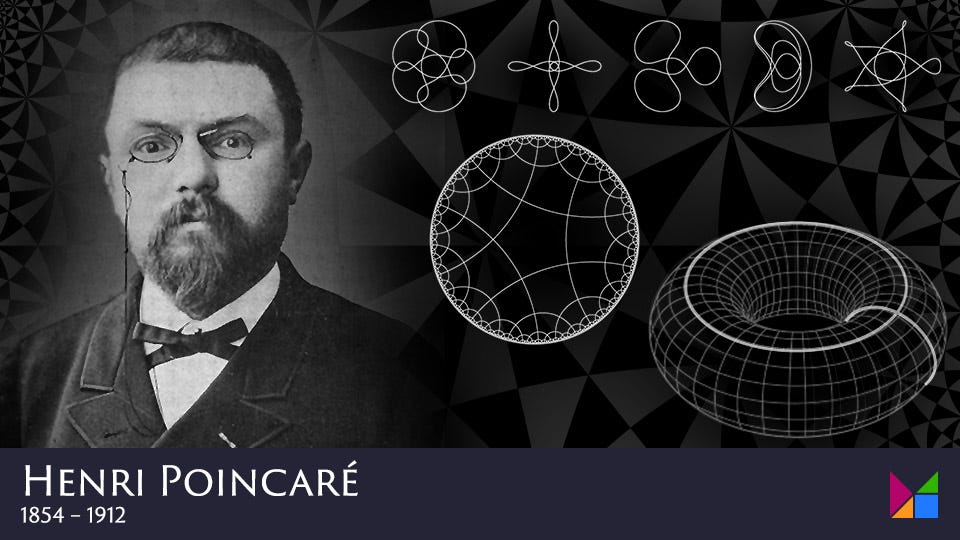








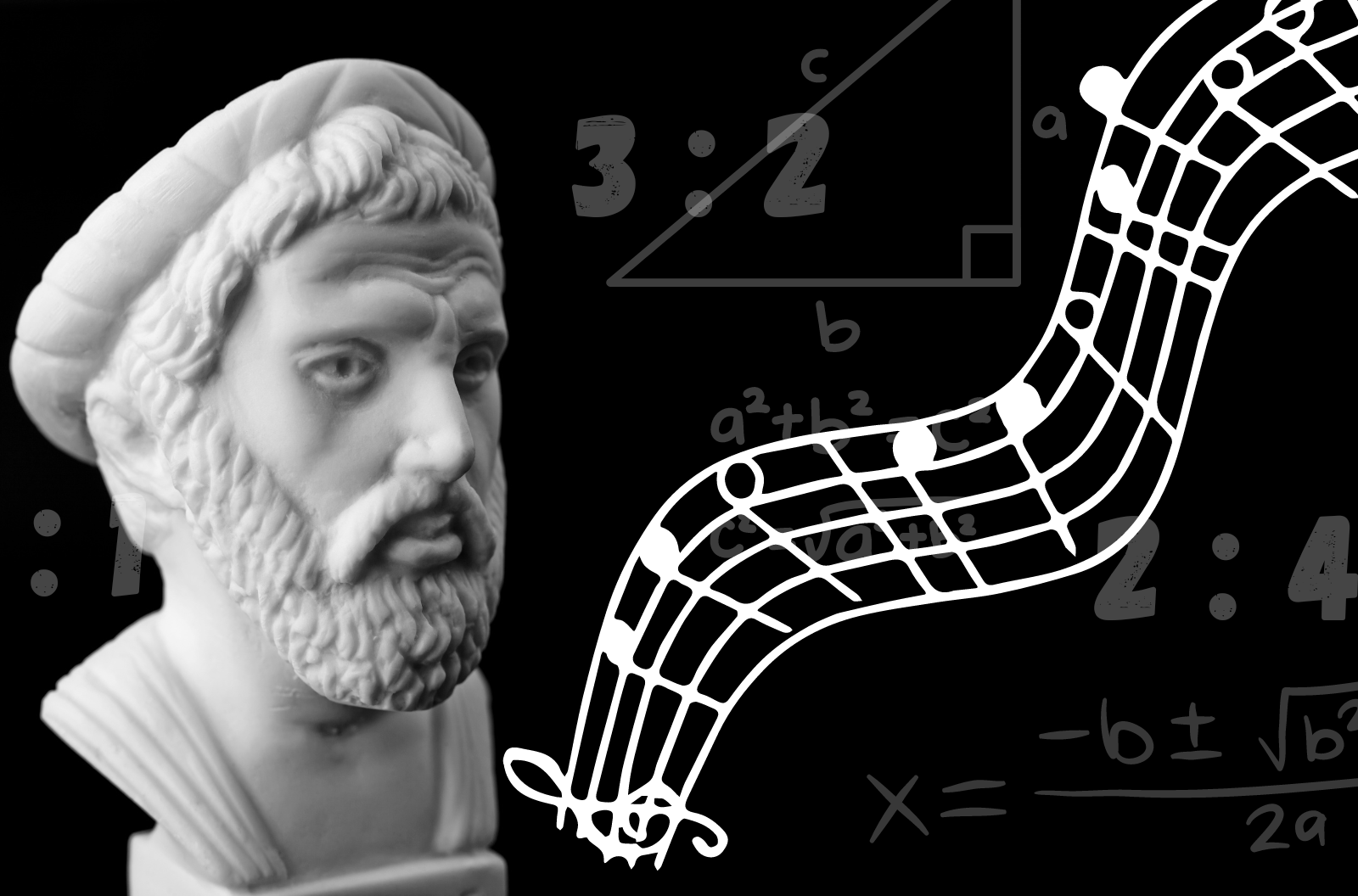
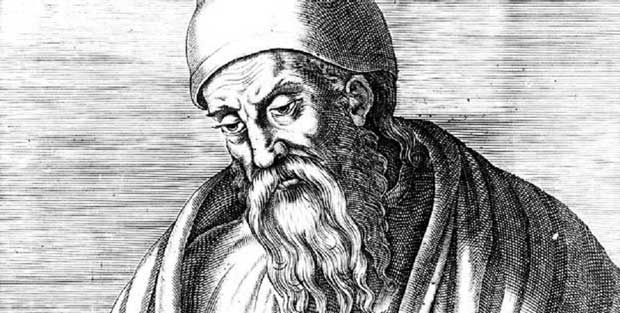

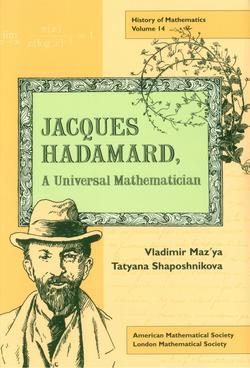





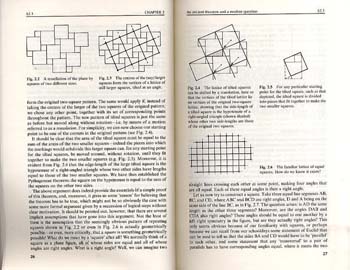



Comments